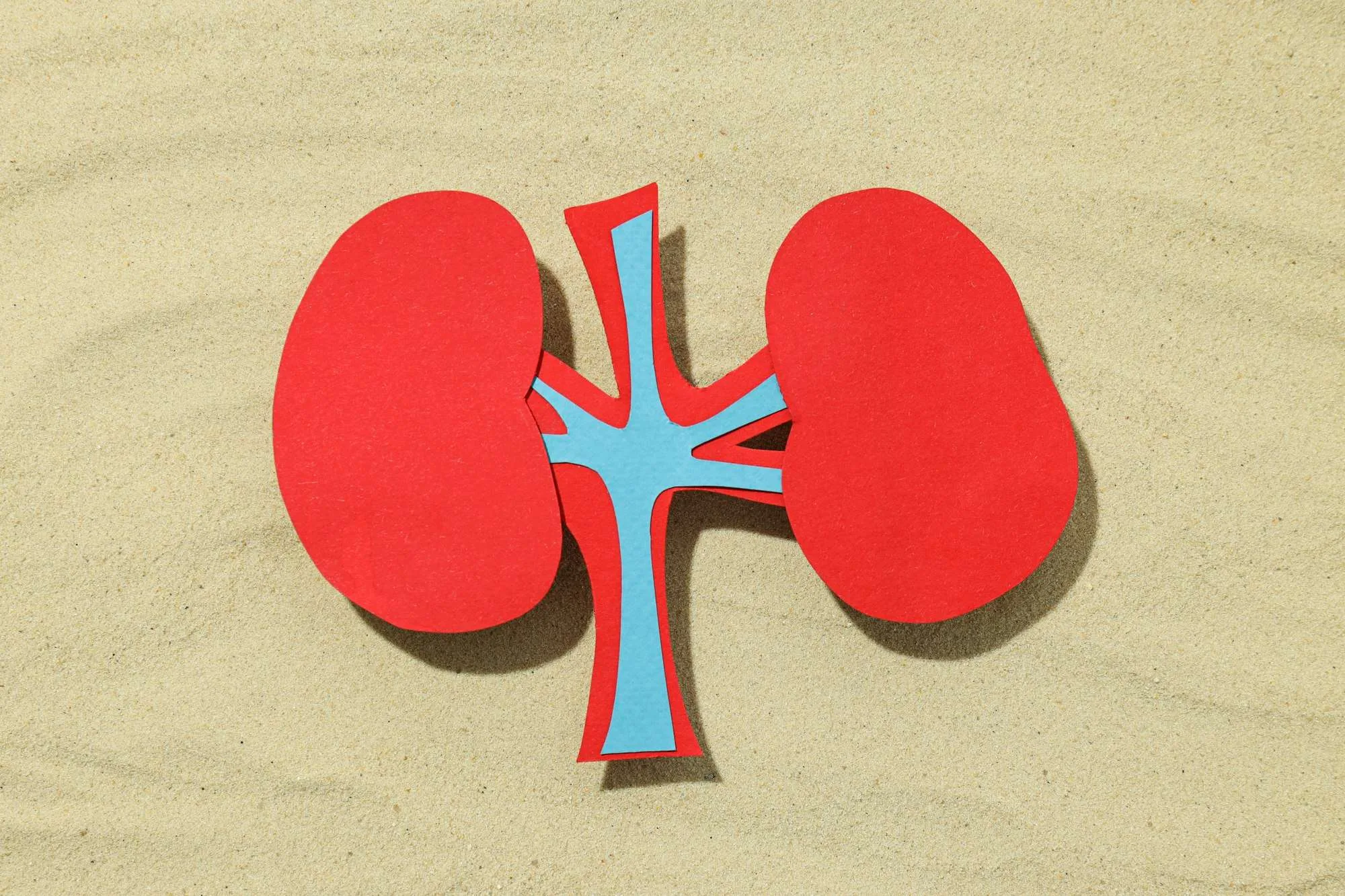Alcohol abuse can lead to kidney damage in several ways, both directly and indirectly. Here’s how excessive alcohol consumption affects the kidneys:
1. Dehydration:
- Diuretic Effect: Alcohol has a diuretic effect, meaning it increases urine production. This leads to dehydration as the body loses more fluids than it takes in. Dehydration reduces blood flow to the kidneys, which can impair their ability to filter toxins from the blood.
2. High Blood Pressure:
- Hypertension: Chronic alcohol abuse can lead to high blood pressure (hypertension), which is one of the leading causes of kidney disease. High blood pressure damages the blood vessels in the kidneys, reducing their ability to function properly. Over time, this can lead to chronic kidney disease or kidney failure.
3. Electrolyte Imbalance:
- Disrupted Balance: Alcohol can cause imbalances in electrolytes like sodium, potassium, and phosphate. These imbalances can disrupt kidney function and, in severe cases, lead to conditions like hyperkalemia (excess potassium in the blood), which can be dangerous.
4. Acute Kidney Injury (AKI) after alcohol abuse:
- Sudden Damage: Binge drinking or heavy alcohol consumption over a short period can cause acute kidney injury (AKI). AKI is a sudden loss of kidney function, often due to severe dehydration, a drop in blood pressure, or direct toxic effects of alcohol on the kidneys. AKI can be reversible with proper treatment, but repeated episodes can lead to long-term kidney damage.
5. Rhabdomyolysis:
- Muscle Breakdown: In some cases, heavy drinking can lead to rhabdomyolysis, a condition where muscle tissue breaks down rapidly, releasing myoglobin (a muscle protein) into the bloodstream. Myoglobin can be toxic to the kidneys, potentially leading to acute kidney failure.
6. Liver Disease and Kidney Health:
- Hepatorenal Syndrome: Alcohol abuse can lead to liver disease, such as cirrhosis. In advanced liver disease, a condition called hepatorenal syndrome can develop, where the kidneys begin to fail as a result of severe liver dysfunction. This is a serious condition that often requires urgent medical intervention.
7. Direct Toxic Effects:
- Kidney Cells Damage: Alcohol and its byproducts can have direct toxic effects on kidney cells. Over time, these toxins can cause inflammation, scarring, and damage to the kidneys, reducing their ability to filter waste and regulate fluid and electrolyte balance.
8. Increased Risk of Kidney Stones:
- Formation of Stones: Alcohol can contribute to the formation of kidney stones by increasing uric acid levels in the blood and urine. Dehydration from alcohol use also concentrates the urine, which can promote stone formation.
9. Impact on Immune System:
- Increased Infection Risk: Alcohol weakens the immune system, making the body more susceptible to infections, including kidney infections. Chronic infections can lead to scarring and damage to kidney tissue.
Conclusion
Chronic alcohol abuse can have a cumulative effect on kidney health, leading to both acute and chronic kidney problems. Over time, these issues can progress to kidney disease or kidney failure, which may require dialysis or a kidney transplant. Reducing alcohol consumption and seeking treatment for alcohol abuse are critical steps in protecting kidney health and preventing long-term damage.
How can Alcohol Detox and Alcohol Rehab heal your kidney damage?
1. Detoxification and Kidney Function after kidney damage:
- Increased Kidney Workload: During detox, the kidneys may experience an increased workload as they filter out toxins from the bloodstream. Alcohol and its byproducts can be harmful to the kidneys, and as the body detoxifies, the kidneys work to remove these substances.
- Dehydration Risks: Alcohol is a diuretic, meaning it causes the body to lose fluids. If a person has been drinking heavily, they may be dehydrated, which can strain the kidneys. During detox, it’s essential to stay hydrated to help the kidneys function properly.
2. Potential for Acute Kidney Injury (AKI):
- In severe cases of alcohol withdrawal, there is a risk of developing acute kidney injury (AKI). This can occur due to dehydration, electrolyte imbalances, or complications like rhabdomyolysis (a condition where damaged muscle tissue breaks down and releases harmful substances into the bloodstream).
3. Electrolyte Imbalance from alcohol abuse:
- Alcohol abuse can cause imbalances in electrolytes such as sodium, potassium, and magnesium, which are crucial for kidney function. During rehab, medical professionals monitor and correct these imbalances to support kidney health.
4. Reduction in Long-Term Kidney Damage from alcohol abuse:
- Over time, excessive alcohol use can lead to chronic kidney damage, including an increased risk of high blood pressure, kidney disease, and kidney failure. By going through rehab and stopping alcohol use, you can prevent further damage and potentially improve kidney function, especially if damage is caught early.
5. Supportive Care:
- During alcohol rehab, medical professionals monitor kidney function closely, especially during detox. They may provide IV fluids, electrolytes, and medications to support kidney health and prevent complications.
6. Long-Term Kidney Health after alcohol abuse treatment:
- Successfully completing alcohol rehab can lead to long-term benefits for kidney health. Abstinence from alcohol allows the kidneys to recover from the strain of chronic alcohol use, and with proper care, kidney function can stabilize or even improve over time.
Important Note on alcohol abuse:
Individuals with pre-existing kidney conditions or those who have experienced significant alcohol-related kidney damage should be under close medical supervision during rehab. Tailored medical care is essential to manage any potential risks and to support the kidneys during the recovery process. This is only possible at a detox facility like Tampa Bay Recovery.
Getting the help you need for alcohol abuse and kidney damage
It’s never to late to start healing. Your body can work miracles. Give it the help it needs by picking up the phone and calling us at (813) 733-8774. Alcohol Abuse leads to kidney damage. But alcohol rehab leads to healing.







